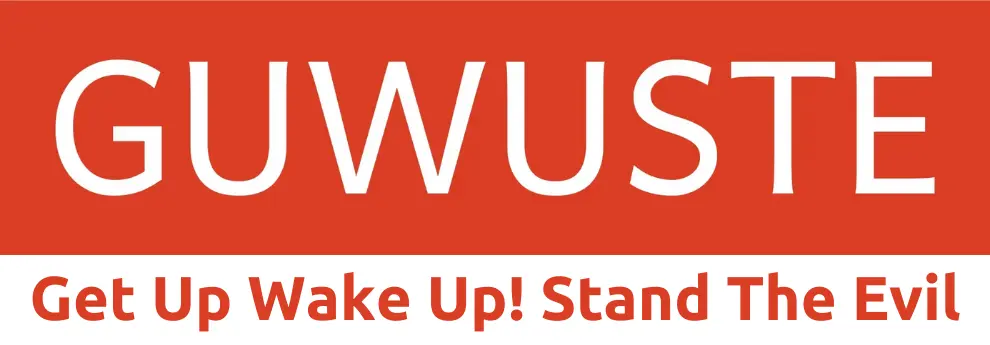Digital Iron Cage: The Destruction of Democracy with Digital Identities
06 Jun 2025
- Share:

Digital Iron Cage: The Destruction of Democracy with Digital Identities
Makalenin Türkçe Versiyonu Okumak İçin <TIKLAYINIZ>
Imagine a country that takes away its citizens' identities and passports, imprisoning them in an invisible digital cage. What's more, it does so using invisible technological chains. Pakistan did just that in 2023, following political turmoil. It established a repressive regime that pushed the boundaries to crush the opposition through digital surveillance and blacklists.
So, can such dark scenarios be implemented in nation states like Turkey?
The Historical Roots of Digital Surveillance and Pakistan’s Identity System
Pakistan’s central identity system was initially designed to facilitate the provision of public services to citizens. However, over time, the system transformed into a tool for the state’s totalitarian control and surveillance. With the acceleration of digitalization in the 2000s, the National Agency for Data Registration and Authentication (NADRA) collected all citizen information in a central database. Initially used solely for identity verification and service access, the system transformed into a mechanism of oppression and punishment during the 2023 political crisis.
Geofencing: The New Weapon of Digital Surveillance
Pakistan's implementation of geofencing technology allows it to detect the location of mobile devices in a specific area and identify individuals instantly. Pakistan used the technology to target the identities of thousands of people in the vicinity of protest areas. NADRA blacklisted more than 5,500 people in Lahore and the Punjab region. Those whose passports and identity cards were revoked were effectively erased from social life. Not only those who participated in the protests, but also those who were near the scene of the events were punished without question. The presumption of innocence was abolished, and guilt was measured by physical presence.
Blacklists and the Digital Path to Social Exclusion
Those whose identities were revoked were deprived of access to banking transactions, travel, and mobile phone services, effectively severing them from economic and social life. Even passport authorities were forced to admit that many individuals were placed on the blacklist simply for being near the protest area. Thus, people lost in the bureaucratic labyrinth, left waiting without knowing what to do, constitute a systematic violation of the most basic human rights and freedoms.
The Dark Side of the Law: Legal Loopholes and Military Courts
Authorities claim the practice is legal, but it hangs in the air without concrete legal basis. Legal processes lack transparency and are rife with arbitrary applications. The rule of law has given way to fear and repression. Furthermore, the trials of protesters in military courts, which violate international human rights norms, are seen as a reflection of the state's totalitarian power rather than justice.
The Anatomy of a Social and Economic Disaster
The revocation of IDs and passports not only restricts individuals' freedom of movement but also hinders banking transactions, access to healthcare, and educational opportunities, turning the lives of poor middle-class citizens into a living hell. Thousands of people who have lost their jobs, cannot receive medical treatment, or send their children to school are victims of digital totalitarianism. In this way, the cornerstones of social justice and democracy are being undermined.
Global Surveillance and Oppression: Is Pakistan an Example?
Developments in Pakistan are not a local issue; they are a regional and global warning. Examples such as China's social credit system, India's Aadhaar identity application, and the FBI's misuse of geofencing data in the US demonstrate how digital identities have become tools of oppression. As states use technology to control their citizens, the global trend of eroding democracy and freedoms poses serious threats to human rights.
Civil Society Resistance and Legal Struggle
Civil society organizations, activists, and lawyers in Pakistan and around the world are fighting against digital oppression. As legal challenges increase, public and private sector employees are raising their voices against being unfairly blacklisted. However, resistance faces a tough test against the state's oppressive totalitarian policies. Without the support of the international community and strong legal mechanisms, the struggle falls short.
The Perspective of Digital Surveillance and National Security Threats in Turkey
For countries such as Turkey, the misuse of digital identity systems and surveillance technologies is not just a distant conspiracy theory; it is a serious threat to national security, social freedoms, and democracy.
As part of the insidious plans of global elite powers under the Great Reset Plans, they can be used to break and manipulate the will of society. The spread of surveillance can profoundly transform the social structure by leading to the erosion of democracy, the disregard of human rights, and an increase in mass manipulation. In environments where the rule of law is politicized and human rights and democracy are weakened, digital surveillance systems can rapidly spread and become entrenched to the detriment of humanity.
SADİ ÖZGÜL






